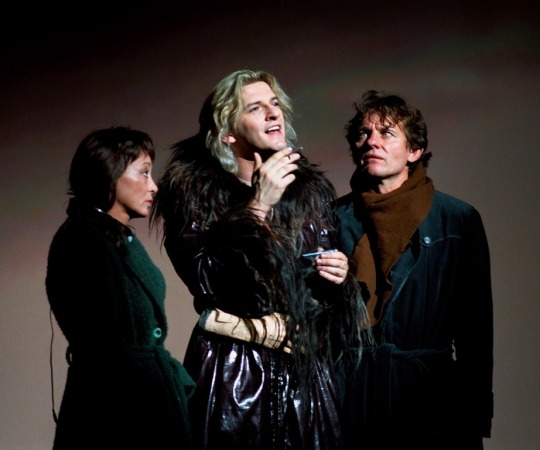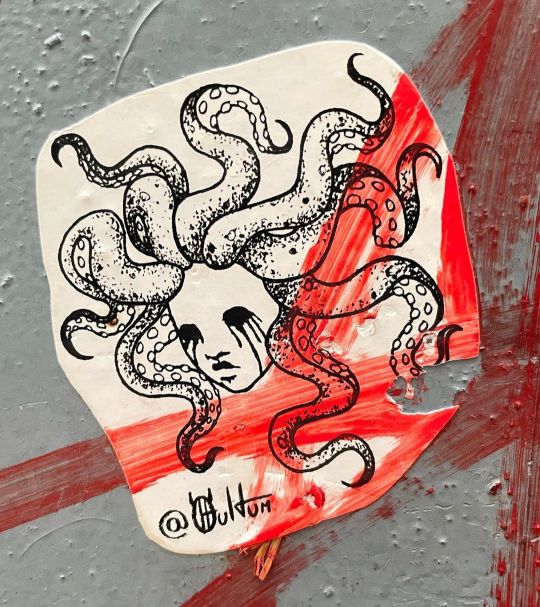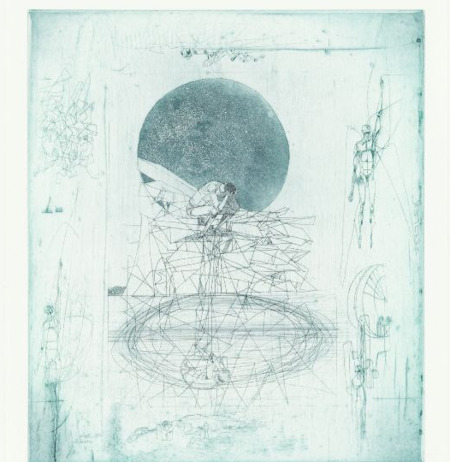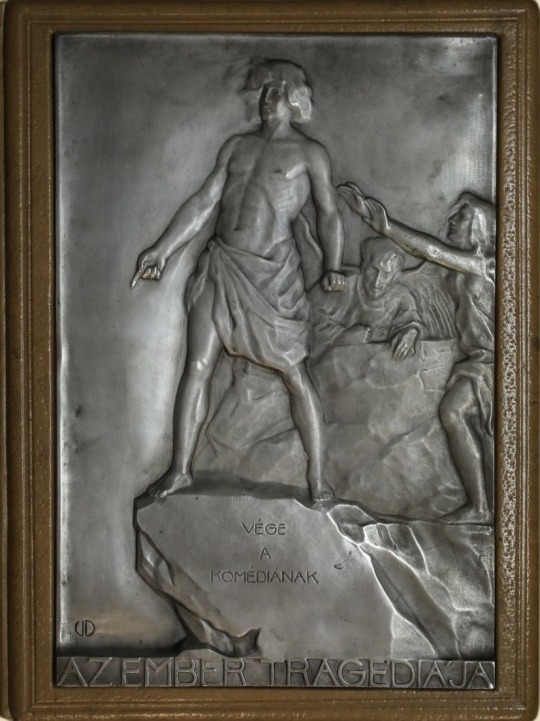#madách imre
Text
I love how lucifer just sometimes rhymes for some unexplainable reason like "Te szülted őket, mint árnyát a fény, de mindöröktől fogva élek én" is such a banger line tbh
2 notes
·
View notes
Note
[BSD MANGA SPOILERS]
So after re-watching that BSD OVA and looking back on that chapter, unless Asagiri pulls yet another death fakeout like with Hirotsu, I do personally think that Fukuzawa will stay dead and have Kunikida take the spotlight as the next president of the ADA.
I'm not really sure how much we can trust Asagiri to just NOT have the 'SIKE' moments, it's only happened in light novels/movie so far that more important characters (aka characters with irl author names) are killed off-
Also the reason why I'm not the most worried about anyone in main MAIN gang dying (forever) soon-
#except Fukuchi he can trip into a firepit :)#/lh /j#okay but fr we are tired of his bullsh-t#anyway WHERES AGATHA-#I WANNA SEE EUROPEAN BSD GANG WOOOOOOO-#imre madách in bsd when asagiri-#random thoughts#ask#bsd#bungo stray dogs#bungou stray dogs#bsd spoilers#spoiler#spoilers
2 notes
·
View notes
Note
i have a game idea! choose 4 classics from your country's literature and try to summarize them in the worst way you can think of. if you're interested, you can also put this in the askboxes of other people, i feel like we should hype up non-british/american classics more
Fuck it, hungarian classics badly explained
Pál utcai Fiúk (Paul Street boys) by Molnár Ferenc: Larping gets a child killed over an empty plot of land
Kőszívű Ember Fiai (The Baron's Sons) by Jókai Mór: Austrians are bad at names
Az Ember Tragédiája (Tragedy Of Man) by Madách Imre: You have to work for a better future. Also satan can time travel
Egri Csillagok (Eclipse of the Crescent Moon) by Gárdonyi Géza: the first and only time the city of Eger could get together and organise something that wasn't a flop i'm dead serious
#add your own country's classics! i dont want to bug anyone rn#also Eger is a nice city!!! loved my time there!!!! it's just that i've seen some shit as well#ask#asks
79 notes
·
View notes
Text

ZICHY, Mihály
Illustration to Imre Madách's The Tragedy of Man: In the Paradise (Scene 2)
1887
Charcoal drawing, 100 x 70 cm
Magyar Nemzeti Galéria, Budapest
85 notes
·
View notes
Text
Mondjatok jó névadási ötleteket egy Madách Imre tematikájú kiállításhoz!
126 notes
·
View notes
Note
What’re some of your aspec headcannons?
Lucifer from the Hungarian play Tragedy of man by Imre Madách is aromantic to me. It just makes sense from my philosophical standpoint on aromanticism being that it serves as an example for how anything believed to be universal truth can be contradicted. Romantic love is believed to be the one universal human experience and yet here we are, those of us who do not feel it. In the Tragedy, Lucifer is what embodies the contradiction to seemingly universal truth, meaning it is not only reasonable for me to interpret him as aromantic, but possibly the most correct interpretation. The love between Adam and Eve is shown to be the one thing that he cannot understand, for more concrete evidence to back me up. Now is it "problematic" of me to think of Lucifer of all characters as aromantic? Does it imply that his lack of romantic attraction is what makes him "evil"? Well not in my opinion it isn't because in the Tragedy he is not a villain, but an antagonist. He's not evil by any means. His role is to question, to challenge, to contradict. Isn't that what aromanticsm is in our romance-obsessed world?
Also Phineas Flynn from Phineas and Ferb. Like come on we all saw it. There's no way he's not on the aromantic spectrum
10 notes
·
View notes
Text

Szeptember 21. - A magyar dráma napja
Madách Imre. Az ember tragédiája ( 2002 ) Rendező: Szikora János
Pap Vera, Alföldi Róbert, Szarvas József (fotó: Katkó Tamás)
Ma Duna tv 21.00
31 notes
·
View notes
Photo

Imre Madách square, Budapest, 1950. From the Budapest Municipal Photography Company archive.
90 notes
·
View notes
Text
Az ember tragédiája, melyet Madách Imre 1860-ban fejezett be, s melynek első nyomtatott kiadása 1862 januárjában látott napvilágot, máig a romantikus magyar irodalom kánonba foglalt olvasmánya. A nógrádi szerző drámai költeménye 19. századi drámairodalmunk három legjelentősebb alkotásának egyike (Katona József Bánk bánja és Vörösmarty Mihály Csongor és Tündéje mellett).
13 notes
·
View notes
Photo

Medusa (at Madách Imre út) https://www.instagram.com/p/CoMF3icoALE/?igshid=NGJjMDIxMWI=
7 notes
·
View notes
Note
Hey! I dropped by to ask if there is any book/s which blew apart your perception on life and writing alike, books that opened new perspectives and challenged old ones? Books that inspired you.
Hi! Thank you for the question! :D
I'll be honest I'm a very "commercial" kind of reader - I like adventure stories, group dynamics, saving the world a thousand times over, fantasy shenanigans left, right and center. The stories usually do not blow my mind up because of that.
But.
I do have have a few inspiring ones, yes. In no particular order, under the cut, that is. Cuz I can’t keep things like this brief, I’m sorry. XDD
Az ember tragédiája ("Tragedy of Man" by Imre Madách)
Setting #1, to be precise. Tragedy of Man tells the story of God creating the world, kicking Lucifer out of Heaven, then Adam and Eve meet him, eat the apple, get kicked out, yaddayadda. THEN Adam asks Lucifer what will happen to his offsprings now that they are out of Paradise. Lucifer takes him on a dream travel across various ages of history, and into a dystopian future as well. Lucifer’s goal is to show Adam how rotten humanity will become and he is better off killing himself to stop it from happening. Adam almost does so by the end when he wakes up in his own time, however, Eve announces that she is pregnant, which would make his suicide pointless. The final lesson of the story is that even if we know one possible outcome, we should always fight and keep hoping to change things.
Setting #1 was the most impactful to me, even though the ending message is important as well. At the time I’ve read Setting #1, I was very... on the fence about Christianity. It didn’t feel right to me, but I couldn’t articulate why I didn’t want to go to church. And then I read the start of the book. After creating the world, God takes a break while all the angels praise him like there is no tomorrow... except for Lucifer. He points out that God demands respect and adoration from everyone, even though he, Lucifer, could see the flaws in the creation already. In fact, Lucifer is not some “big evil”, he is the “Spirit of Denial” to be precise. God kicks him out from Heaven for not praising him, but in the meantime they make a deal - God gives him two trees in Paradise (The Tree of Knowledge and the Tree of Immortality), and Lucifer swears he can use those two trees to ruin God’s creation. And he almost succeeds, although his plan is foiled in the end. Now I get that Lucifer is not the good guy in this, in the slightest. He’s an asshole, by all accounts. But the stuff he says to God, about how arrogant and mighty he is - that resonated with me. This constant begging for forgiveness and praising a (more than likely made up) god who appparently created a world so damn flawed, that innocent children can die of the most horrible diseases out there, and he won’t help anyone... yeah, screw him.
No, I did not become a satanist. I am more of an ateist, or a deist. The latter being - I can imagine there had been some kind of higher being/sentience that set in place the rules of physics and chemistry that later formed the universe itself, but that sentience has long since buggered off and doesn’t care about what is going on in that vast place.
-
Percy Jackson and the Olympians by Rick Riordan (before he got unbearably super woke)
Percy Jackson is the typical YA adventure-novel series that mixes Greek mythology surprisingly well into the modern world. The guy’s knowledge of the source material is incredibly detailed and well-researched, he goes far deeper than the typical “kid’s story” would. That alone earns him respect. But the story has an incredible style about it, the smoothest and most captivating I have ever read in anything. It is genuinely difficult to put the books down, even after multiple readings. Rick Riordan is a big inspiration for me... I mean, before he got superwoke. Thankfully his earlier works, Percy Jackson, The Kane Chronicles and Heroes of Olympus are all safe from that. Trials of Apollo is on the very edge of this, I could still enjoy it, thankfully. Magnus Chase? From what I’ve heard with my half ear, I’ll pass, thanks.
-
The Inheritance Cycle (”Eragon series”) by Christopher Paolini
I actually never read the Lord of the Rings. I am sure it is a wonderful work. Maybe one day I will tackle it. My first introduction to a more realistically built fantasy world with an actual medieval setting was with Eragon.
Random farmer kid finds a dragon egg and accidentally becomes a dragon rider, realizes he is not such a random farmer kid after all, and ends up saving the kingdoms from a mad king and his big-ass black dragon.
The basic settings is very simple, but the twists and turns and obstacles Paolini puts into the book makes it far more complicated than it first appears. And makes the world a more living, breathing place with a complicated long history that has some of its details lost to time. And on the side, many aspects of the medieval life itself is shown very well, as well as warfare, and how do dragons screw up the rules. The world also features a hard magic system as well, with well defined rules and interesting ways to use. First time I’ve ever read one such system and since that day, I also want to create more well-defined magic systems for my stories as well. It is far more work than the so called “soft magic system” (what Diablo has, for example), but coming up with solutions to a problem using a well-defined magic is far more satisfying for both author and reader on the long run, in my opinion.
Not gonna lie, soft magic systems are also hella fun, tho...
-
Storm of Light (Diablo 3) by Nate Kenyon
Now I will be the first to admit that the Diablo books are mostly... okay. Nothing great, nothing terrible, they serve their purpose.
Storm of Light has a special place in my heart, tho. For one, it is the piece of media that, to this date, shows the most details about angelic life, and you all know me - I’m a huge Diablo angel fan. Like... goddamn astronomical. Any lore crumbs I can squeeze out of the Diablo media about them is a gold nugget on its own.
Second, in the book Malthael is just... holy fucking shit. If you have seen evil. Like, real, ACTUAL evil. Not that bitch-ass Diablo and his army of shitbags, all they can do is destroy this, corrupt that, posses some people and summon lesser shitbags in their wake. Nah, bro, that’s amateur hour. That shit is so obvious, so straightforward it is not impressive in the least bit. Diablo is goddamn overrated. There, I’ve said it. This is the hill I am damn willing to die on.
Malthael is so, sooo much worse. It comes from my own experiences, definitely, but the lengths he is willing to go to in a seemingly noble goal (to end the Eternal Conflict) hits so damn close to home, it’s painful. The manipulation. The scheming. The willingness to throw his own family to ruin. Holy hell.
Even his shitty Chalice is an absolute bundle of evil.The thing makes you actually addicted to it, and AND it makes you insensitive towards other people’s feelings and experiences on the long run. Cuz that is what Wisdom is, right? RIGHT?!
The series finally has a true Prime Evil - and his name is Malthael, Angel of Death.
Don’t ask me why I am trying to redeem him in my fanfic, I guess I am just unwilling to give up on a compelling character like him.
-
Gergő és az Álomfogók (”Gergő and the Dreamcatchers”) by Gyula Böszörményi
An amazing multi-book series that is once again a YA “urban fantasy” adventure story. The catch is - it is entirely based on nomadic Hungarian pagan religion. I’m not sure if it got translated to other languages, unfortunately. This series had been a staple of my childhood, it paints a vividly beautiful and intriguing world of magic our nomadic ancestors had once believed in. Featuring old-school shamanism (not this bullshit New Age kind), throwing curses at each other using small magical leather whips, spirits, totem animals and a World Tree of the nomadic belief kind, Gergő and the Dreamcatchers is one hell of a ride into a world just below our own, and was one of the main nurturing sources of my now undying-love for fantasy adventure stories.
And thus, with that, I think I listed the most important ones. I actually read a shitton when I was small, but I think these are the ones that stuck with me the most. I hope I could interest you with some of them at least! :D Take care!
2022.07.18.
#eragon#tragedy of man#storm of light#diablo#gergő és az álomfogók#gergő and the dreamcatchers#inspirational literature#ephemeracrux#kenyizsu askbox
4 notes
·
View notes
Text
Az álom vége?
Klímaváltozás Az ember tragédiájában és ma
artnews.hu
Madách Imre születésének 200. évfordulója alkalmából nyílt kiállítás a Petőfi Irodalmi Múzeumban A kiállítás Az ember tragédiája történeti színei közül az Eszkimó szín disztópiájára és közvetlen előzményeire fókuszál. Az utolsó színben a bolygó szinte élhetetlenné válik és az emberi civilizáció radikális változásokon megy keresztül. Madách…

View On WordPress
0 notes
Text
I looked up jesus' apostoles instead of wiritng my fucking irodalom tétel about Madách Imre
5 notes
·
View notes
Text

ZICHY, Mihály
Illustration to Imre Madách's The Tragedy of Man: In the Heaven (Scene 1)
1887
Charcoal drawing, 100 x 70 cm
Magyar Nemzeti Galéria, Budapest
46 notes
·
View notes
